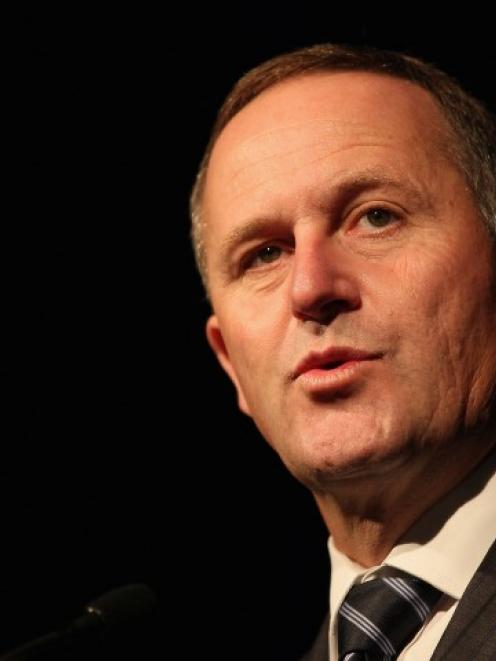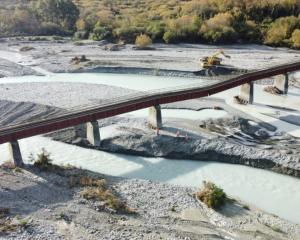
Having won a seat on what Mr Key described this morning as "by definition the most powerful body at the United Nations" following a ten year campaign, he told reporters New Zealand's highest priority for the next two years was "to demonstrate to all the countries that supported us and there was clearly a very large number... that we will do what we said we'd do".
"Firstly listen to them, secondly stand up for their issues, be an example of a small country that can actually have a loud voice, and most of all be part of decision making process that leads to peace and stability of the world."
Promoting and maintaining peace and stability was the council's overarching purpose and over the next two years "we'll be judged by our peers on how good a job we do and that will play a very important part into whether we ultimately get another chance to go on to the council".
Mr Key said one of the factors that helped New Zealand's success in getting on the council was its record when it was last on the council in 1993-94.
He said that during a visit to New York earlier this year he'd spoken to representatives of African countries.
"The permanent representative from Rwanda stood up and actually said to all the African delegates you have to vote for New Zealand. It's the actions of New Zealand when it was on the council and chairing the council that saved literally millions of people from Rwanda. So it's very serious responsibility and when you do a good job of it that stays in the memory banks for a very long time."
New Zealand's biggest challenge during its new tenure on the council was to work constructively with the five permanent members, Russia, China, the United States, the United Kingdom and France who had the right of veto and exercised that right frequently.
"So it's never easy to progress things through the council and you have a combination of this extraordinary responsibility but sometimes it's not always the easiest process to administer."
NZ should maintain independence
Former diplomats Green MP Kennedy Graham and Labour MP Grant Robertson both said it was critical New Zealand maintained an independent foreign policy stance while on the council.
In an apparent reference to the international action against the Islamic State, Mr Robertson said some of Prime Minister John Key's recent comments has raised questions about New Zealand's independent stance on issues the Security Council will need to deal with.
"I urge him to remember our reputation as a peace-keeper and builder and a voice for small countries. This is an amazing opportunity to do the right thing and it must not be wasted."
A former UN diplomat himself, said the Security Council was where all major UN decisions were made and the seat gave New Zealand a rare opportunity to play a part.
"Along with hard work, New Zealand gained this opportunity as a result of our long established reputation as a country that takes an independent stance on the world stage, and that stands up for small states."
Green Party global affairs spokesman Kennedy Graham said it was good news for New Zealand, which should use its tenure on the council to try to drive through some much-needed reforms.
"Both the powers and procedural style of the Council are in need of reform. The question of permanent membership, use of the veto, transparency of decision-making and relationship to other international bodies are all in need of review."
He said New Zealand had to adhere to a genuinely independent foreign policy while on the Council.
There are 15 members on the Security Council, five permanent and 10 places among five regional groupings which come up for election every two years.
Other countries elected this morning are Angola, Malaysia and Venezuela but they were the only nomination in their groupings unopposed.
The only group in which there was a contest was the Western European and others grouping.
New Zealand has been a member of the United Nations since it was founded in 1945.












